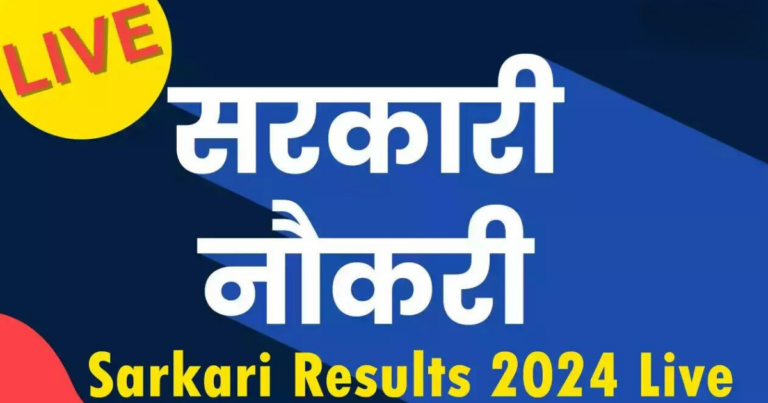Vocational Education for the Pharmaceutical Industry
11xplay.com online, india 24 bet login, skyinplay login:Vocational Education for the Pharmaceutical Industry
Are you considering a career in the pharmaceutical industry? Do you want to work in a field that is constantly evolving and making a real difference in people’s lives? If so, vocational education might be the perfect path for you. In this blog post, we’ll explore the benefits of vocational education for those interested in pursuing a career in the pharmaceutical industry.
What is Vocational Education?
Vocational education, also known as career and technical education, is a type of training that prepares individuals for specific careers or trades. It is hands-on and practical, focusing on developing the skills and knowledge needed to succeed in a particular field. Vocational education programs are typically shorter in duration than traditional college or university programs, making them a great option for those who want to enter the workforce quickly.
Why Choose Vocational Education for the Pharmaceutical Industry?
There are several reasons why vocational education is a great choice for those interested in working in the pharmaceutical industry. Here are just a few of the benefits:
1. Practical Skills: Vocational education programs are designed to provide students with the hands-on skills they need to succeed in their chosen field. In the pharmaceutical industry, this could include learning how to compound medications, fill prescriptions, and provide patient counseling.
2. Industry-Relevant Training: Vocational education programs are often developed in partnership with industry leaders, ensuring that students are receiving training that is up-to-date and relevant to the current needs of the pharmaceutical industry.
3. Fast Track to a Career: Vocational education programs are typically shorter in duration than traditional college or university programs, meaning you can enter the workforce sooner and start earning money faster.
4. Job Placement Assistance: Many vocational education programs offer job placement assistance to help graduates find employment in their chosen field. This can be a valuable resource for those just starting out in the pharmaceutical industry.
5. Hands-On Experience: Vocational education programs often include internships or externships that give students real-world experience in a pharmaceutical setting. This hands-on experience can be invaluable when entering the workforce.
How to Choose a Vocational Education Program for the Pharmaceutical Industry
If you’re interested in pursuing a career in the pharmaceutical industry through vocational education, it’s important to choose the right program for your needs. Here are a few tips to help you make the best decision:
1. Research Programs: Take the time to research vocational education programs that offer training in the pharmaceutical industry. Look for programs that have a good reputation, experienced instructors, and strong industry connections.
2. Consider Accreditation: Accreditation is an important factor to consider when choosing a vocational education program. Accredited programs meet certain standards of quality and are more likely to be recognized by employers.
3. Evaluate Curriculum: Look closely at the curriculum of each program to ensure it covers the skills and knowledge you need to succeed in the pharmaceutical industry. Consider programs that offer hands-on training and industry-specific coursework.
4. Visit Campuses: If possible, visit the campuses of the programs you are considering to get a feel for the learning environment and facilities. This can help you make a more informed decision about which program is the right fit for you.
5. Talk to Alumni: Reach out to alumni of the programs you are considering to learn more about their experiences and outcomes. Alumni can provide valuable insights into the quality of the program and the career opportunities available to graduates.
6. Financial Aid Options: Vocational education programs can be more affordable than traditional college or university programs, but it’s still important to consider the cost. Look for programs that offer financial aid options or scholarships to help offset the cost of tuition.
FAQs
Q: How long does it take to complete a vocational education program for the pharmaceutical industry?
A: The duration of vocational education programs can vary, but most programs can be completed in 6 months to 2 years, depending on the specific program and the student’s schedule.
Q: Can vocational education programs lead to a successful career in the pharmaceutical industry?
A: Yes, vocational education programs can provide the skills and training needed to succeed in the pharmaceutical industry. Many graduates of vocational education programs go on to have successful careers as pharmacy technicians, pharmacy assistants, and other roles in the pharmaceutical field.
Q: Are there any prerequisites for enrolling in a vocational education program for the pharmaceutical industry?
A: Prerequisites for vocational education programs can vary, but most programs require a high school diploma or GED. Some programs may also require applicants to pass a basic skills assessment or meet other specific requirements.
In conclusion, vocational education is a valuable option for those interested in pursuing a career in the pharmaceutical industry. With practical skills, industry-relevant training, and job placement assistance, vocational education programs can provide the foundation needed for a successful career in pharmaceuticals. By choosing the right program and staying committed to your education, you can set yourself up for a fulfilling and rewarding career in this dynamic field.







